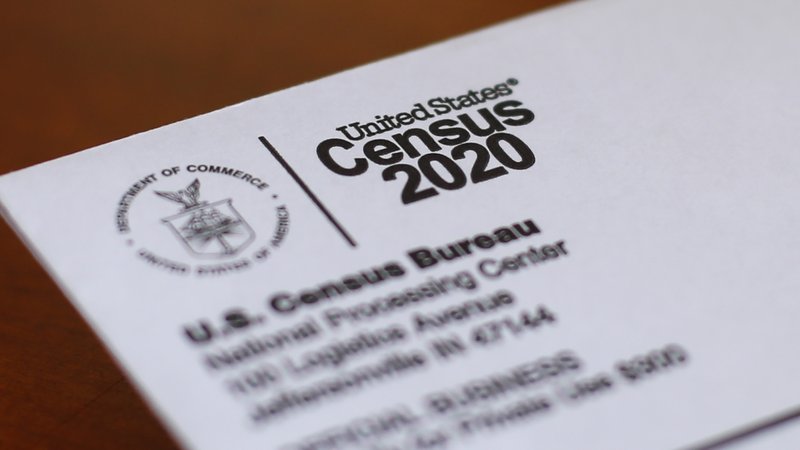A federal judge on Thursday agreed to impose financial sanctions against the Trump administration for failing to produce hundreds of documents during litigation over whether a citizenship question could be added to the 2020 census.
U.S. District Judge Jesse Furman said in a ruling that the Trump administration’s failure to produce the documents “may well have been inadvertent, but is nevertheless unacceptable for any litigant, and particularly for the Department of Justice.”
The judge in New York ordered the administration to pay some of the costs and fees of nonprofit advocacy groups that had sought the sanctions.
“To be sure, this was not DOJ’s finest hour,” Furman wrote, referring to the Department of Justice. “At best, DOJ failed to produce more than ten percent of the documents that Defendants were required to produce as part of this litigation.”
The Department of Justice declined to comment.
Last year, Furman ruled against an effort by the Trump administration to add a citizenship question to the 2020 census. That decision was upheld by the U.S. Supreme Court which said U.S. Commerce Secretary Wilbur Ross’ rationale for the citizenship question — to help enforce voting rights — appeared to be contrived.
Nonprofit groups that had sued to block the citizenship question demanded sanctions after new documents surfaced that they say suggested Ross’ motive in adding the citizenship question was for aiding redistricting efforts that could benefit Republicans and non-Hispanic whites.
Lawyers for the Trump administration admitted last fall that they had discovered more than 3,700 pages of documents while responding to a congressional inquiry that had not been shared during the litigation over the citizenship question.
The judge refused a request by the nonprofit groups to grant sanctions for concealing evidence and false testimony from two witnesses. Furman said he was offering no opinion on whether those allegations were true, but even if they were true, it wouldn’t have changed the outcome of the case.
The Department of Justice had blamed its failure to produce the documents on a technical error during its document-search process. Furman described the error as “a lapse that would make a first-year litigation associate wince.”
A citizenship question is not on the 2020 census, which started in March and will continue through October. But President Donald Trump instead has ordered the Department of Commerce to collect citizenship information through administration records.
The judge’s decision finally ends the two-year litigation over the citizenship question, said Dale Ho, director of the ACLU’s Voting Rights Project, one of the advocacy groups that challenged the question.
“The court has reaffirmed that the Trump administration’s ‘official story concealed their true reasons’ for attempting to add a citizenship question to the census,” Ho said in a statement.
(AP)












One Response
The sanctions in this case are probably appropriate, but who is penalized by having to pay them? The American taxpayers are the ones who pay the sanction, not the Justice Department attorneys or the Republican administration. Maybe the prosecutors are stung to some extent that the sanctions are charged to their budget, and in a responsible Justice Department, the attorneys responsible for the sanctioned behavior would “pay” by damage to their personnel records, but, of course, the current Justice Department, under Trump and Barr, is a model of irresponsibility.